6 Essential Services Offered by a Dental Laboratory
Dental laboratories play a crucial role in the dental care industry by providing a wide range of services that support dentists in delivering optimum care to their patients. This article explores the essential services offered by dental laboratories that aid in the fabrication and customization of dental appliances.
1. Custom Crown and Bridge Fabrication
Custom crown and bridge fabrication is a cornerstone service provided by dental laboratories, ensuring that patients receive restorations that fit perfectly and match their natural teeth. Dental labs use advanced materials like zirconia, porcelain, and metal alloys to provide durable and aesthetic options tailored to individual patient needs. The choice of material involves careful consideration of factors such as the position of the tooth, the patient's bite, and the overall oral environment.
Precision milling techniques are employed to achieve high accuracy in the fabrication process, resulting in crowns and bridges that fit seamlessly without causing discomfort. Utilizing computer-aided manufacturing (CAM) systems, dental laboratory technicians achieve incredible precision that enhances both functionality and appearance. This precision is crucial for preserving surrounding tooth structures and ensuring the longevity of the dental restoration.
Aesthetic customization options are vital to achieving the best results in crown and bridge fabrication. Staining and glazing techniques allow for the replication of the natural tooth's hue and translucency, making restorations virtually indistinguishable from the surrounding teeth. The process also ensures that the fit and function of the prosthetics are thoroughly tested before delivery to the dentist, maximizing patient satisfaction and comfort.
According to the American College of Prosthodontists, more than 2.3 million implant-supported crowns are fabricated each year in the United States. The vast majority of these restorations are meticulously crafted by a dental laboratory, where skilled technicians use advanced tools and techniques to ensure precision, durability, and aesthetic appeal. This high production volume underscores the critical role dental laboratories play in supporting restorative dental procedures and meeting the growing demand for implant-based treatments.
2. Implant Restoration Solutions
Implant restoration solutions provided by dental laboratories play an essential role in restoring patients' smiles and improving their quality of life. The intricate process begins with the fabrication of custom implant abutments, which act as connectors between the dental implant and the visible prosthetic. These abutments must be designed with precision, taking into account factors such as angulation and loading conditions to ensure long-term success.
Full arch restoration services offered by the dental laboratory provide comprehensive solutions for patients who require rehabilitation of an entire dental arch. This complex process demands a high level of expertise, collaboration with oral surgeons, and the use of state-of-the-art technology. CAD/CAM technology is employed extensively in this domain to manufacture implant-supported prosthetics that offer both functional and aesthetic benefits.
Surgical guide creation is another critical component of implant restoration services. Dental laboratories work closely with dentists to produce highly detailed guides that ensure accurate implant placement during surgery. According to the Journal of Prosthodontics, the use of guided implant surgery increases placement accuracy by over 90% when planned with digital data from a dental laboratory.
3. Denture and Partial Denture Fabrication
Dentures and partial dentures are essential solutions for patients dealing with tooth loss, and dental laboratories are at the forefront of their fabrication. Incorporating the latest materials and techniques, dental labs provide durable, comfortable prosthetics that help restore the patient's ability to chew and speak effectively. With the market size of the dental laboratory industry projected to be $7.2 billion in 2025 according to IBISWorld, the demand for this service continues to grow.
Custom molding processes in denture fabrication involve taking accurate impressions of the patient's oral structures to create prosthetics that fit perfectly. These impressions capture every contour and detail, allowing the dental laboratory to produce dentures that stay securely in place, even during daily use. Adjustments and fine-tuning are typically performed during fitting appointments to achieve maximum comfort and stability.
Repair and maintenance services for dentures and partial dentures are integral to their longevity and function. Dental laboratories offer repair services to address issues such as fractures, relining, and adjustments, ensuring that patients always have well-maintained oral appliances. Furthermore, specialized prosthetic options are available for patients with unique needs, such as implant-retained dentures, which provide enhanced stability and confidence.
4. Orthodontic Appliance Production
Orthodontic appliance production is another critical service offered by dental laboratories, providing customized solutions to orthodontic patients. These appliances include traditional braces, retainers, and advanced options like clear aligners that are tailor-made to meet individual treatment objectives. Dental laboratory technicians work closely with orthodontists to ensure that each appliance fits perfectly and delivers effective results.
Direct collaboration with orthodontists is essential in this domain to address the unique needs of each patient and treatment plan. Lab technicians are often involved in appliance adjustments and revisions during the patient's treatment course. Such collaboration ensures that orthodontic appliances are continually optimized for the best possible outcomes.
Advanced 3D printing techniques have revolutionized orthodontic appliance production, allowing for the creation of highly accurate and customizable devices. This technology streamlines manufacturing processes and enhances both the speed and precision of appliance fabrication. According to the American Association of Orthodontists, the use of 3D printing has reduced turnaround time in labs by up to 60%, boosting dental laboratory efficiency and patient satisfaction.
5. Digital Workflow and Technology Integration
The adoption of digital impressions significantly enhances the services dental laboratories provide, marking a shift toward increased accuracy and efficiency. Digital workflows allow technicians to create highly precise models that reflect the dentist's exact requirements and patient-specific anatomy. This not only reduces the margin for error but also expedites the entire process of dental restoration fabrication.
3D printing applications in dentistry have broadened the scope and capabilities of the dental laboratory, allowing for rapid prototyping and cost-effective production. Dental labs leverage these technologies to produce everything from custom surgical guides to complex prosthetics, with a focus on reducing turnaround times without sacrificing quality. As these technologies become more ingrained in standard practices, patients can expect faster and more personalized service.
Benefits of CAD/CAM systems in dentistry cannot be overstated. These systems streamline communication channels between the dentist and the dental laboratory, allowing for real-time updates and modifications to treatment plans. According to the Journal of Dental Research, digital workflows have improved lab-to-clinic communication by over 70%, leading to faster case resolutions and better outcomes.
6. Continuing Education and Development Programs
Continuing education and professional development are fundamental aspects of service provision in dental laboratories, ensuring technicians stay at the forefront of industry advancements. Training programs that focus on new dental materials and their applications enable dental laboratory personnel to deliver state-of-the-art solutions to dentists and patients alike. These programs often include in-depth workshops covering the latest technologies and methodologies.
Collaboration with dental schools and research institutions plays a pivotal role in the ongoing development and innovation initiatives in dental laboratories. Many laboratories participate in research projects and share findings that contribute to advancements in dental materials, processes, and technologies. According to a recent ADA report, nearly 60% of accredited dental labs now maintain at least one academic or research partnership.
Certifications and quality standards are crucial in maintaining the integrity and reliability of dental laboratory services. Research and innovation initiatives ensure that dental laboratories continue to drive improvements in both efficiency and patient comfort. According to IBIS World, the market is expected to have a value of $7.2 billion by the end of 2025, revealing that dental laboratories remain committed to investing in their people and processes to meet evolving industry needs.
Dental laboratories are pivotal in the dental industry, as they provide numerous essential services that aid in the creation and maintenance of dental restorations and appliances. Their commitment to innovation, precision, and collaboration with dental professionals ensures that patients receive optimal dental care. As technology continues to advance, dental laboratories will remain integral to both enhancing patient outcomes and driving the future of dental health care. For quality services and over 80 years of experience, contact NH Dental and Orthodontic Laboratory for all your dental lab needs!
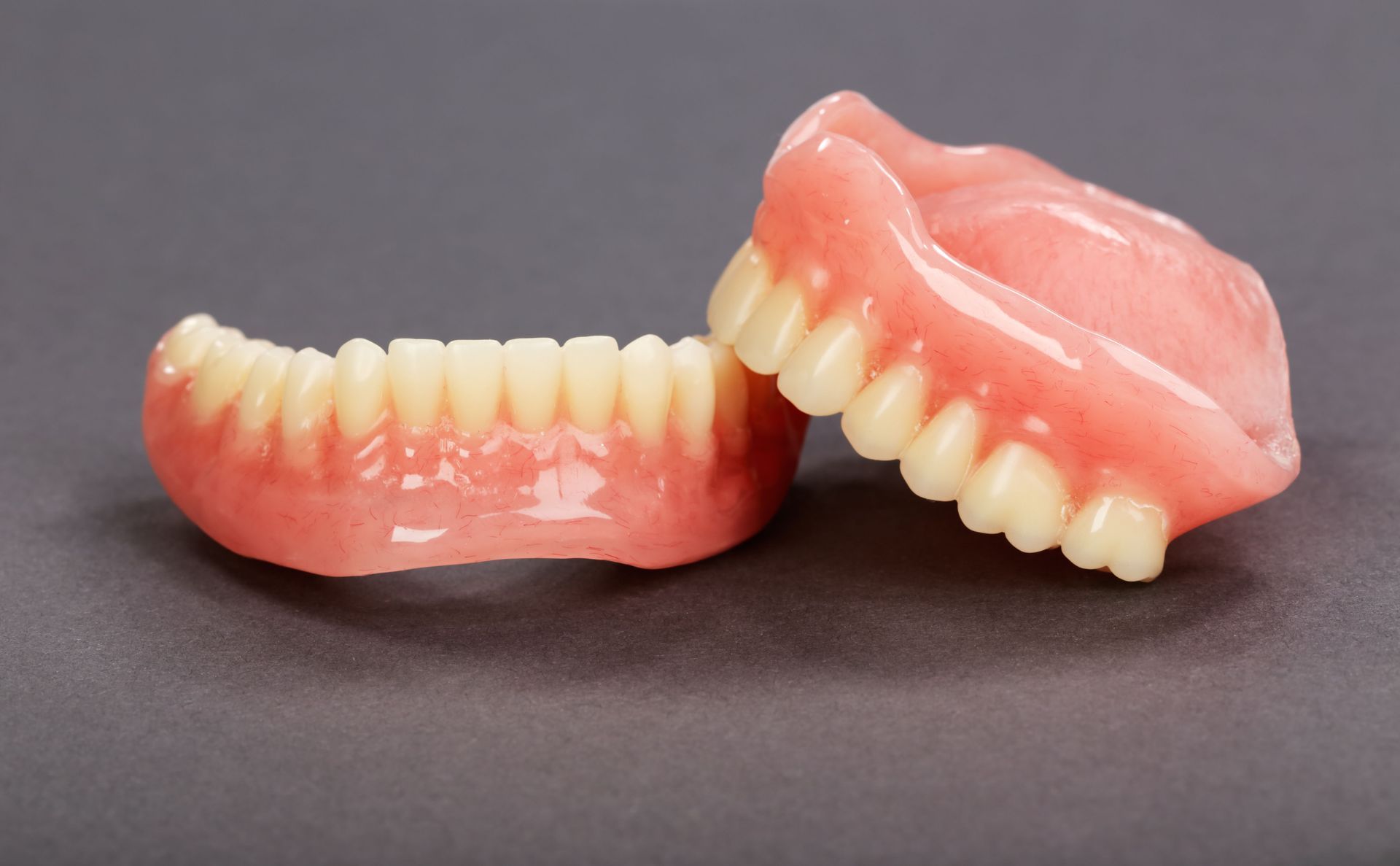


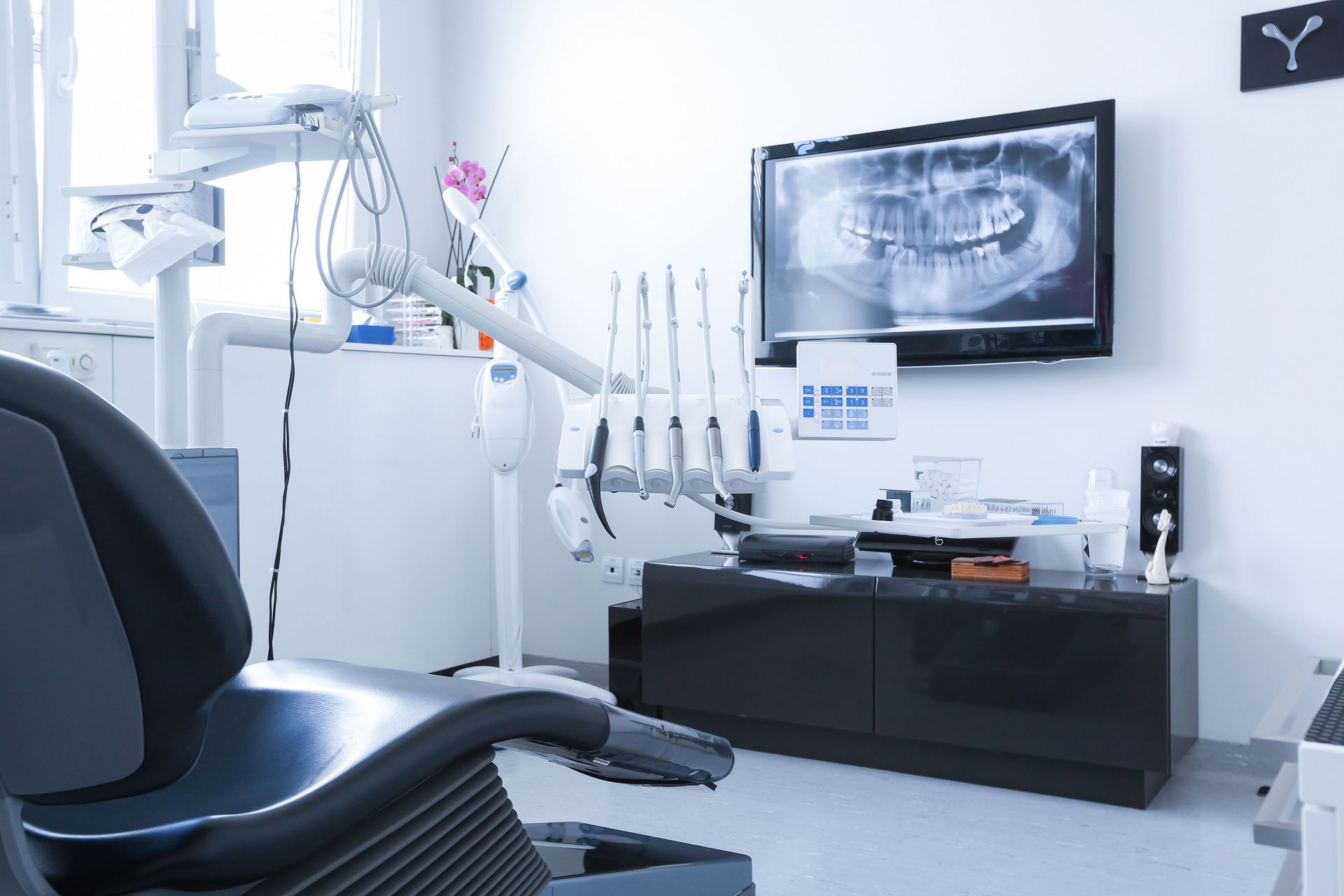
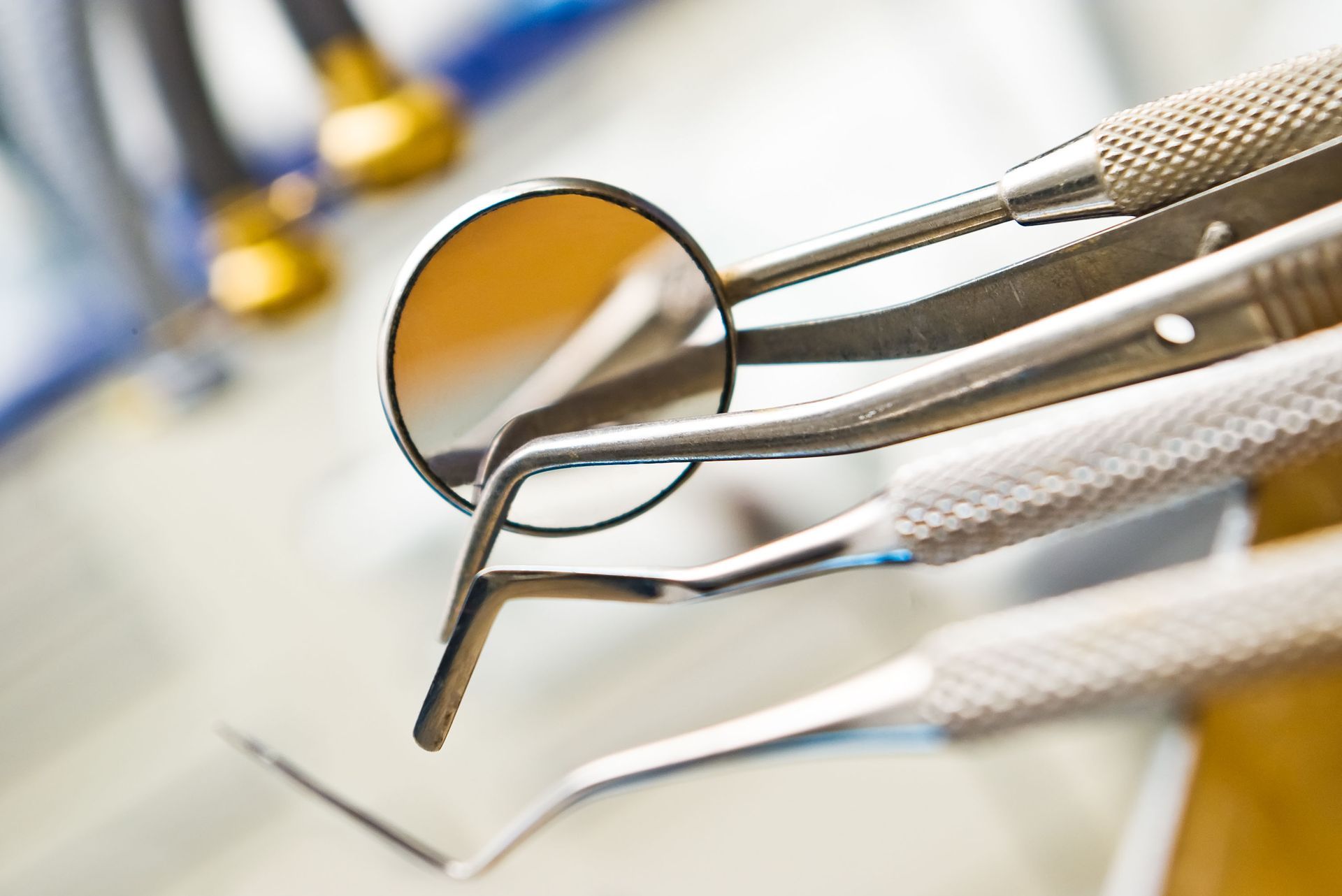
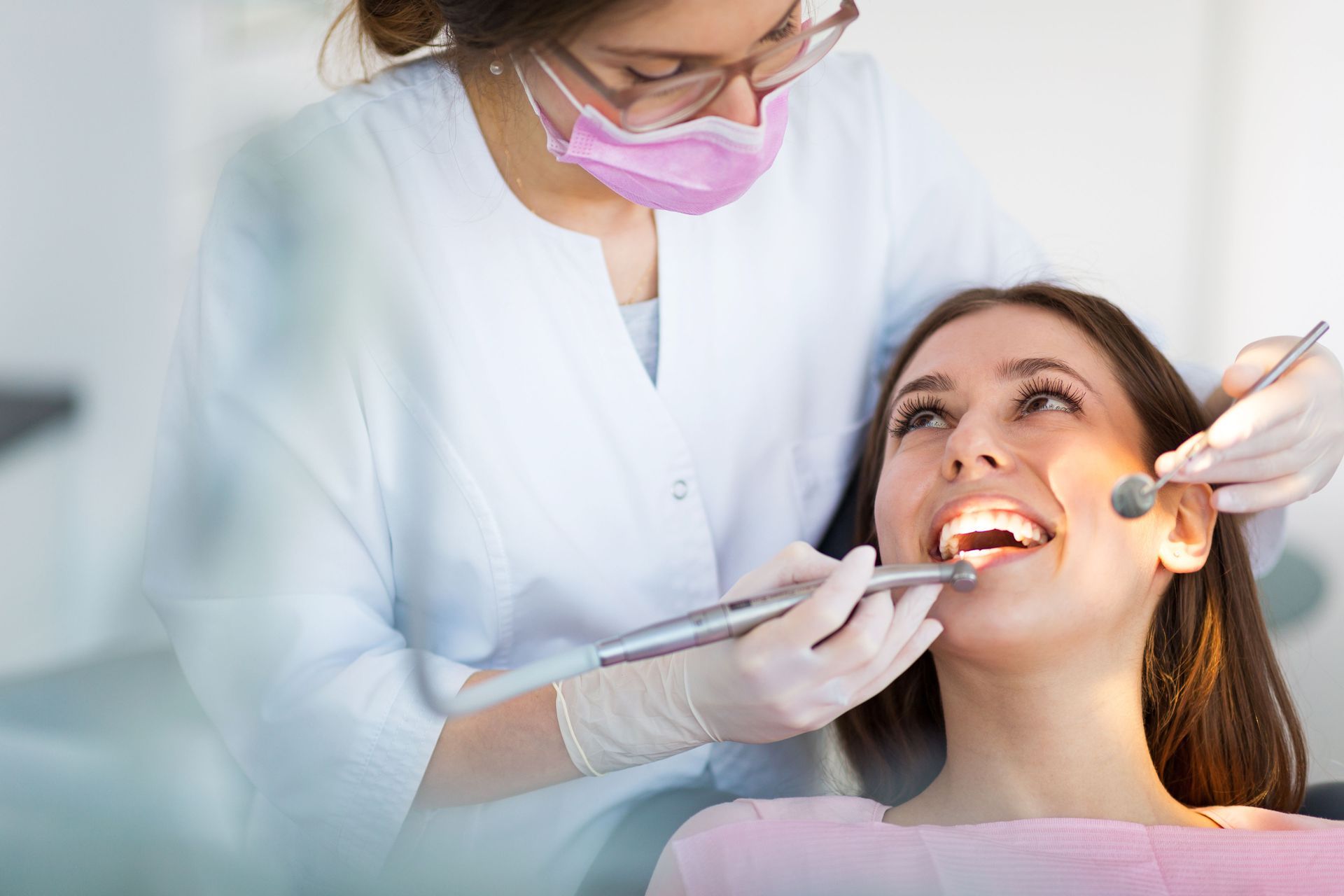

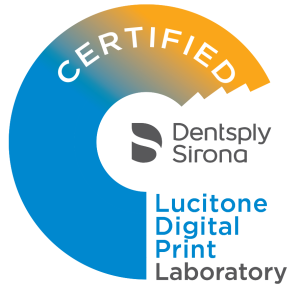









Share On: